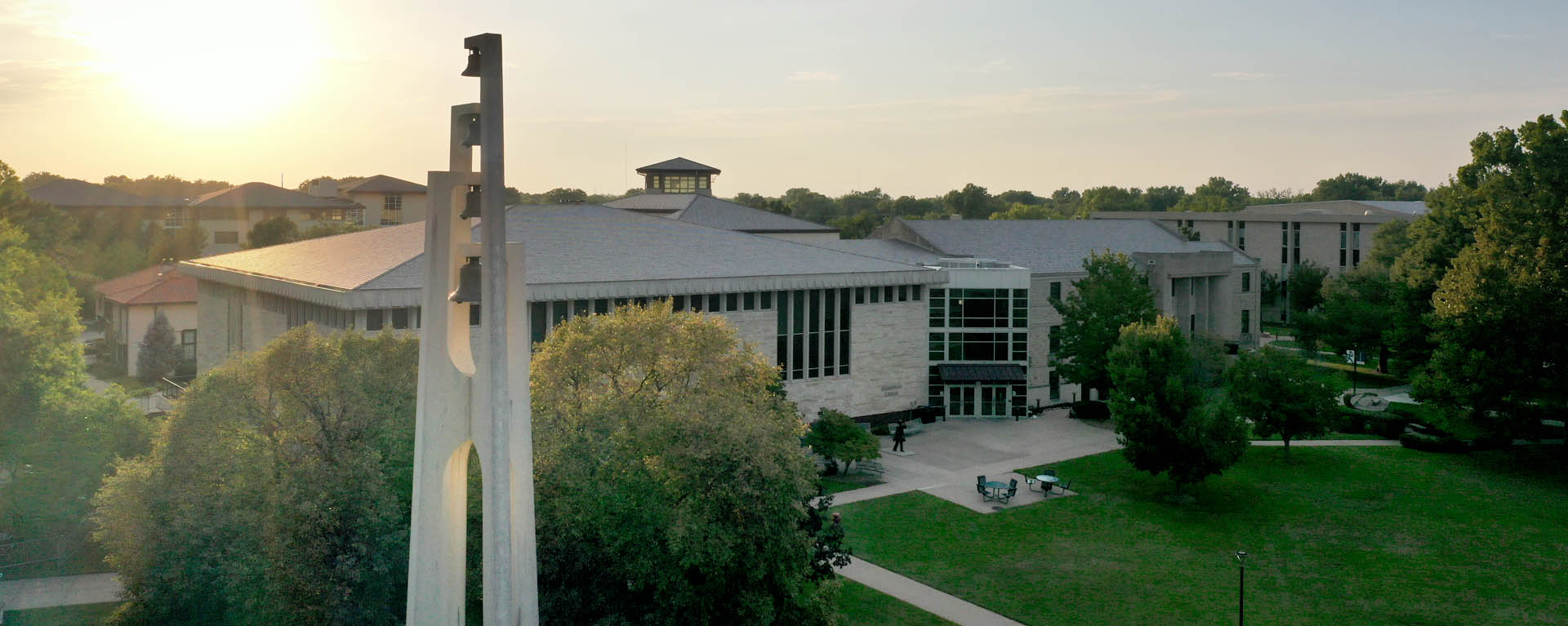
Essential Functions
The technical standards have been established through consideration by faculty and consultation with the following sources: The Vocational Rehabilitation Act; The Americans with Disabilities Act; Guide for Occupational Information; Dictionary of Occupational Titles; and the Occupational Skills Standards Project from the National Health Care Skills Standards Projects.
Candidates must have the emotional and physical health sufficient to meet the demands of the position. Strength must be sufficient to lift some patients, move heavy equipment on wheels (up to approximately 500 lbs.), and to move patients in wheelchairs and stretchers. The candidate must also be able to maintain prolonged arm positions necessary for scanning. See the following list for additional technical standards related to the physical demands of Diagnostic Medical Sonographers.
- Lift more than 50 pounds routinely
- Push and pull routinely
- Bend and stoop routinely
- Have full use of both hands, wrists, and shoulders
- Distinguish audible sounds
- Adequately view sonograms, including color distinctions
- Work standing on their feet up to 80% of the time
- Interact compassionately and effectively with the sick or injured
- Assist patients on and off examining tables
- Organize and accurately perform the individual steps in a sonographic procedure in the proper sequence
Must possess sufficient motor function to elicit information from patients by palpation, auscultation, percussion, and other evaluation procedures. Candidates must be able to execute motor movements including the physical/dexterity strength to stand and ambulate and possess the physical/dexterity strength to lift and transfer patients. Candidates must also have the physical strength to perform cardiopulmonary resuscitation.
Diagnostic Medical Sonography procedures require coordination of both gross and fine muscular movements, equilibrium, and functional use of the senses of touch and vision. For this reason, candidates for admission to the Program of Diagnostic Medical Sonography must have manual dexterity and the ability to engage in procedures involving grasping, pushing, pulling, holding, manipulating, extending and rotating.
Candidates must be able to observe demonstrations and participate in laboratory experiments as required in the curriculum. Candidates must be able to observe patients and be able to obtain an appropriate medical history directly from the patient or guardian. Such observation requires the functional use of vision, hearing, and other sensory modalities. Candidates must have visual perception which includes depth and acuity. Candidates must be able to differentiate colors on sonography machines and reading station monitors. Candidates must be able to differentiate between different audible outputs produced by sonography scanning systems.
Candidates must be able to communicate in English effectively and sensitively with patients. In addition, candidates must be able to communicate in English in oral and hand written form with faculty, allied personnel, and peers in the classroom, laboratory, and clinical settings. Candidates must also be sensitive to multicultural and multilingual needs. Such communication skills include not only speech, but reading and writing in English. Candidates must have the ability to complete reading assignments and search and evaluate the literature. Candidates must be able to complete written assignments and maintain written records. Candidates must have the ability to complete assessment exercises. Candidates must also have the ability to use therapeutic communication, such as attending, clarifying, coaching, facilitating, and touching. These skills must be performed in clinical settings, as well as the didactic and laboratory environments.
Candidates must have the ability to measure, calculate, reason, analyze, and synthesize data. Problem solving and diagnosis, including obtaining, interpreting, and documenting data, are critical skills demanded of Diagnostic Medical Sonographers which require all of these intellectual abilities. These skills allow students to make proper assessments, sound judgments, appropriately prioritize diagnostic procedures and measure and record patient care outcomes. Candidates must have the ability to learn to use computers for searching, recording, storing, and retrieving information.
Candidates must demonstrate attributes of empathy, integrity, concern for others, interpersonal skills, interest, and motivation. Candidates must possess the emotional well-being required for use of their intellectual abilities, the exercise of sound judgment, the prompt completion of all responsibilities attendant to the evaluation and care of patients, and the development of mature, sensitive, and effective relationships with patients. Candidates must be able to adapt to ever-changing environments, display flexibility, and learn to function in the face of uncertainties and stresses which are inherent in the educational process, as well as the clinical problems of many patients.
Candidates must be able to maintain professional conduct and appearance maintain client confidentiality and operate within the scope of practice. Candidates must also have the ability to be assertive, delegate responsibilities appropriately, and function as part of a medical team. Such abilities require organizational skills necessary to meet deadlines and manage time.
GET IN TOUCH WITH Department of Allied Health
Allied Health Department
School of Applied Studies, Room 201
1700 SW College Ave.
Topeka, KS 66621
Phone & Email
785.670.2170
allied-health@washburn.edu

